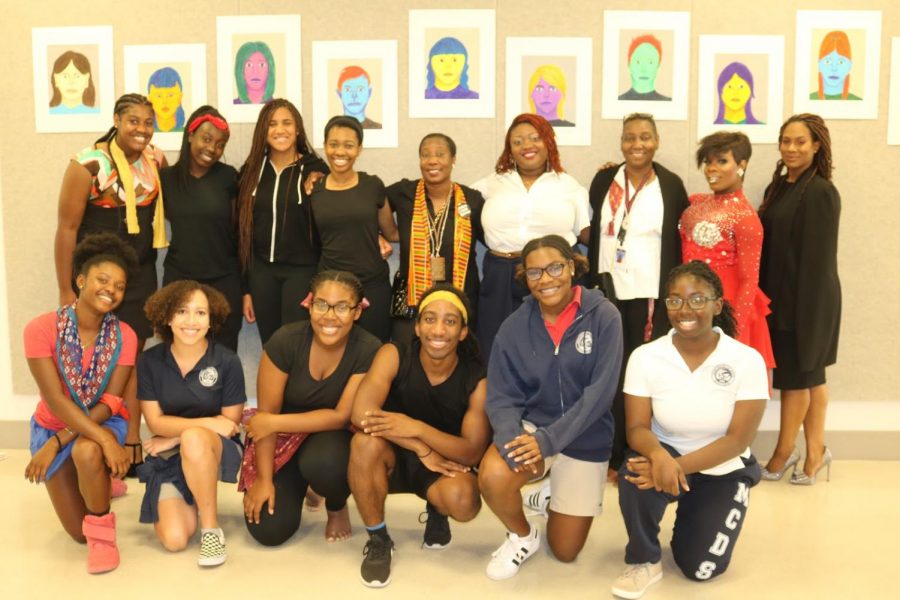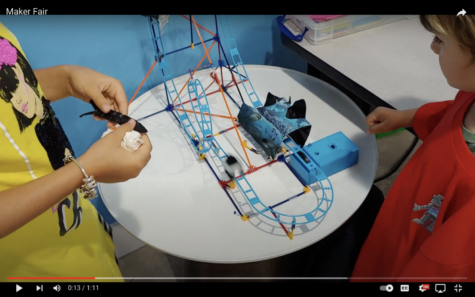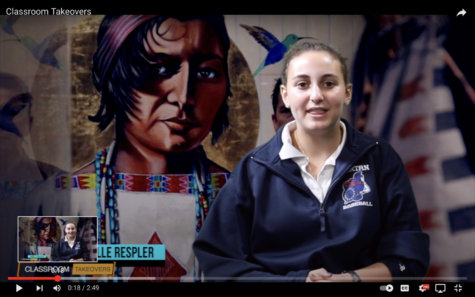Bridging The Past with the Future: A Look at Black History Month
Black History Month, once just a week of remembrance and acknowledgment, is now four weeks of celebration and legacy, observed every February throughout the United States. This year at Miami Country Day, it was celebrated in many ways: an assembly, posters hung with information about prominent black people in history, individual classroom activities and even the raising of a Black Lives Matter flag
On February 7th, the Black History assembly was themed “Bridging the Past With the Future.” Facilitated by Annette and Juliette Fulton, performances accentuated black history through dance, song and music highlighting the many diverse cultures that make up the African-American experience. Whereas there have been speakers and performances in the past, Annette Fulton shared that this year, their intention was to bring past students together with current students “to give them an opportunity to be with the alumni that have also walked these halls just like they did to give them an opportunity to see that ‘Hey we came here, we made it through, and so can you.’ And just to build that bridge of the young and the older.”
As many things do, this observance began with the effort of one man. In 1926 Harvard historian Carter G. Woodson, dissatisfied that his ancestors were barely mentioned in the annals of American history, created what he called “Negro History Week” to bring attention to his mission to help schools change the narrative. During the 1960s and into the 1970s, others picked up the mantle and more and more schools and universities began creating classes in Black culture, history and literature. Word spread. Passion soared. In 1976, then President Gerald Ford decreed Black History Month a national observance.
According to sophomore Tatiana Barnes, who has been at the school for five years, the month-long celebration has sometimes been disregarded or overlooked, especially since African-Americans and students of color are the minority here. “Some students didn’t even know it was Black History Month,” she lamented.
Overall, no matter how far we’ve come, there is still more progress needed. “The assembly was student driven, but I would like more student participation next year,” asserted Juliette Fulton. The more we openly recognize our history, because Black History is everyone’s history, the more we will understand ourselves and advance into a better future.








Judith Mistor • Feb 13, 2019 at 10:43 am
Kudos to you, Arielle, for such a well-articulated article! I am so proud of you!
Karen Davis • Feb 13, 2019 at 10:34 am
Re-reading this article, in celebration of Black History Month, I am reminded about the importance of the statement “Black history is all of our history.” Thank you for that Arielle- even if you wrote those words last year!